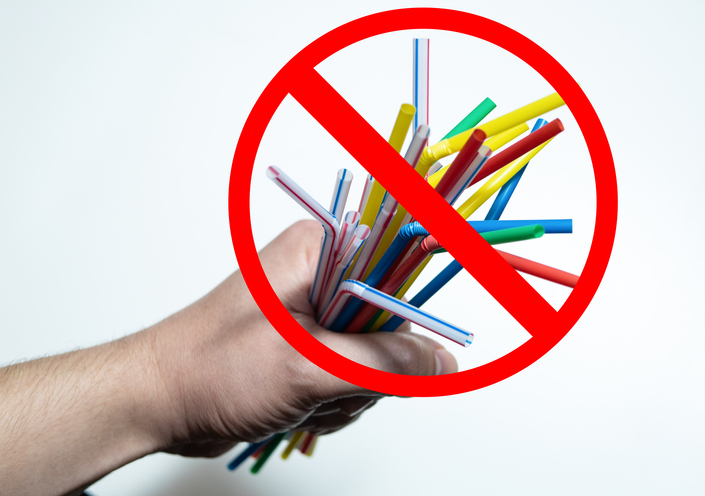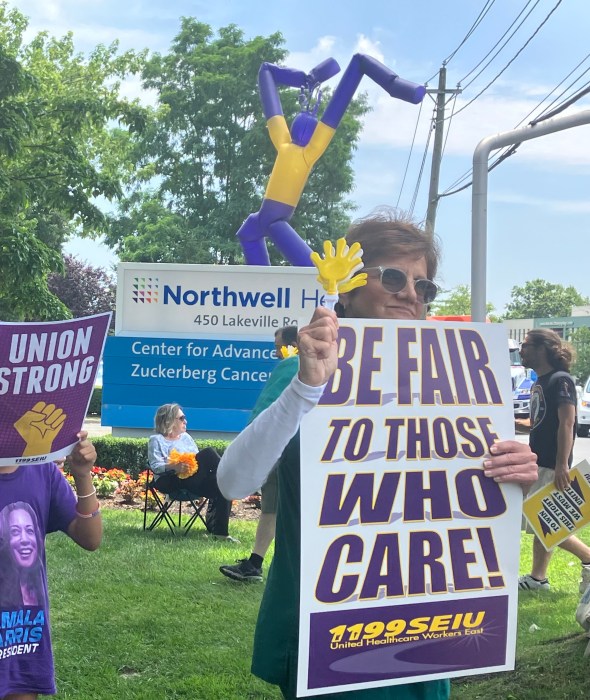Suffolk County lawmakers approved have three environmental measures banning Styrofoam food-service products, loose-fill packaging, and certain single-use plastics commonly used in the restaurant industry, including straws and coffee stirrers.
Legislators voted Tuesday to pass the bills, which are intended to reduce the amount of single-use, non-biodegradable garbage from entering the waste stream. The bills now go before Suffolk County Executive Steve Bellone, who will decide whether to sign them into law.
“The plastics crisis is more urgent than people realize, and today, we as a county have taken action to address the challenges posed by these dangerous pollutants,” said the bill’s sponsor, Legis. Kara Hahn (D-Setauket), the legislature’s environmental committee chair. “It is my hope that our action will spur other leaders to take a bold stand against expediency in favor of sustainability.”
The bills prohibit eateries from offering cups, containers, trays, and other disposable items made of polystyrene, more commonly known as Styrofoam, while also banning retail stores from selling these products, and polystyrene-based packing materials to consumers.
They also require food establishments to provide biodegradable straws and stirrers by request only while disallowing plastic ones. And they prohibit the county’s park concessionaires from distributing single-use cups, utensils, or beverage straws made from non-biodegradable substances.
Changes affecting food establishments and retailers will begin Jan. 1, 2020 to allow businesses time to adjust to the rules. The bills make accommodations for people with disabilities whose medical conditions necessitate use of plastic straws while the Styrofoam ban exempts items used to store uncooked eggs, raw meat, pork, fish, seafood, and poultry.
The measures passed the Democrat-controlled legislature with Republican support.
“Many of these plastic products, such as drinking straws and stirrers are manufactured to be used once by the consumer and discarded,” said Legis. Thomas Muratore (R-Ronkonkoma). “They cannot be broken down easily or quickly to biodegrade, which is a problem. This causes unwanted pollution in our ground and bodies of water, and injury and death to wildlife.”
































